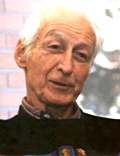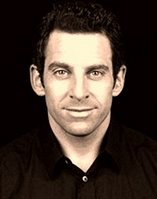 The Iron Cage:
The Iron Cage:The Story of the Palestinian
Struggle for Statehood
Beacon Press
October 2006
352 pages
By Rashid Khalidi
About the Author:
Dr. Rashid Khalidi, author of Resurrecting Empire, holds the Edward Said Chair in Arab Studies at Columbia University, where he heads the Middle East Institute. He has written more than eighty articles on Middle Eastern history and politics, as well as op-ed pieces in the New York Times, the Boston Globe, the Los Angeles Times, the Chicago Tribune, and The Nation. He lives in New York.
From Publishers Weekly:
Historian Khalidi (Resurrecting Empire), a leading expert on the Middle East and the Israeli-Palestinian conflict, brings vital perspective to Palestinian attempts to achieve independence and statehood. Admirably synthesizing the latest scholarship and concentrating on the period of the British Mandate (1920–1948) established by the League of Nations after WWI, Khalidi describes the process by which a newly arrived European Jewish minority overcame, with help from its imperial ally, the claims and rights of the native Arab majority in what became Israel and the occupied territories. Khalidi shows Palestinians under the mandate facing comparatively severe systemic, institutional and constitutional obstacles to the development of any para-state structure—contrary to British promises of Arab independence and Article 4 of the Covenant of the League of Nations. Meanwhile, the Jewish minority could count on a system biased in its favor to develop the structures that became those of the Israeli government in 1948 amid violent expulsion of over half the indigenous population. In bringing this narrative up to the present, Khalidi rigorously details the missteps of the Palestinians and their leadership. Khalidi curiously refrains from drawing any detailed proposal of his own to resolve the ongoing conflict, but his first-rate and up-to-date historical and political analysis of the Palestinian predicament remains illuminating.



